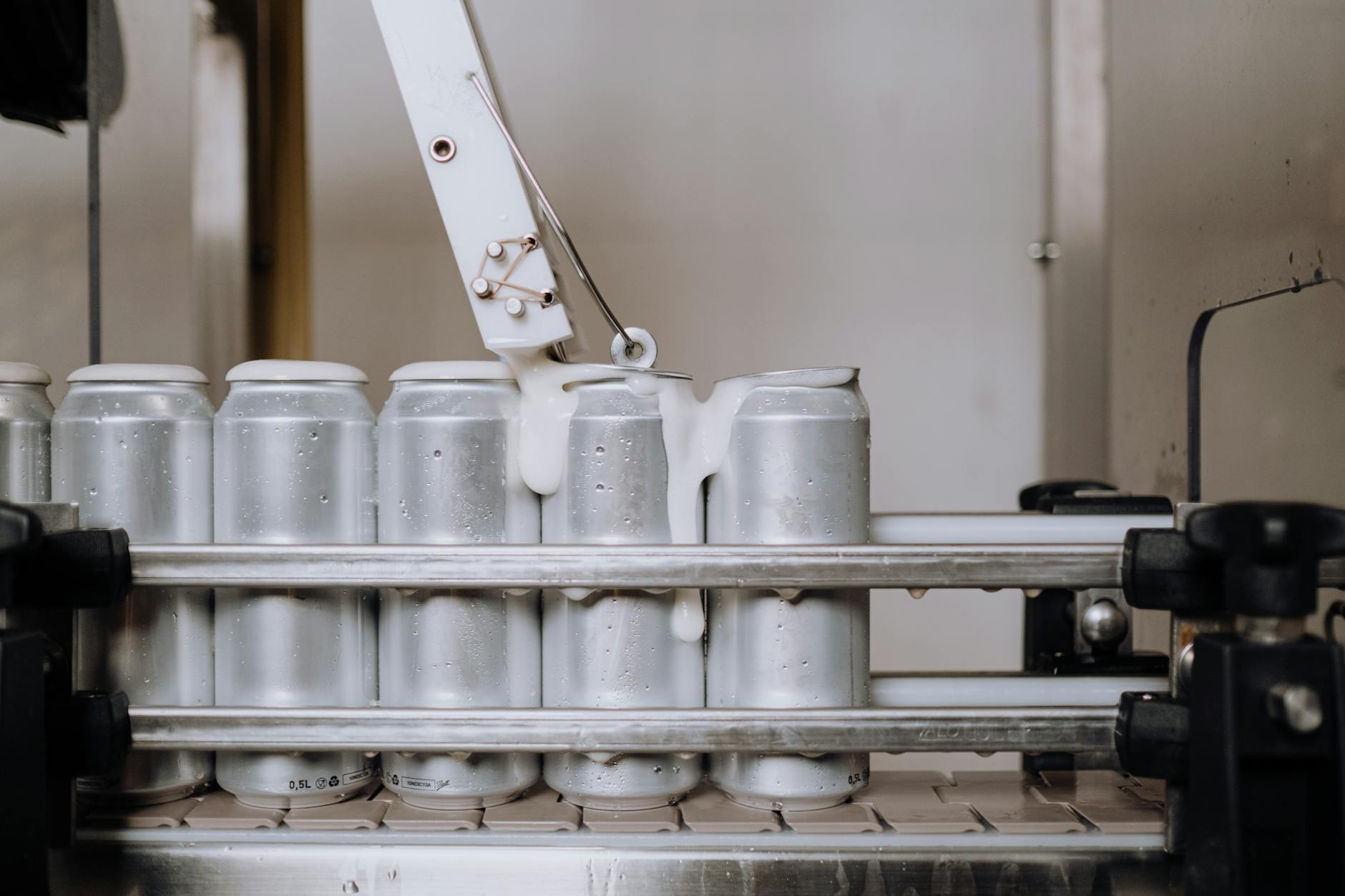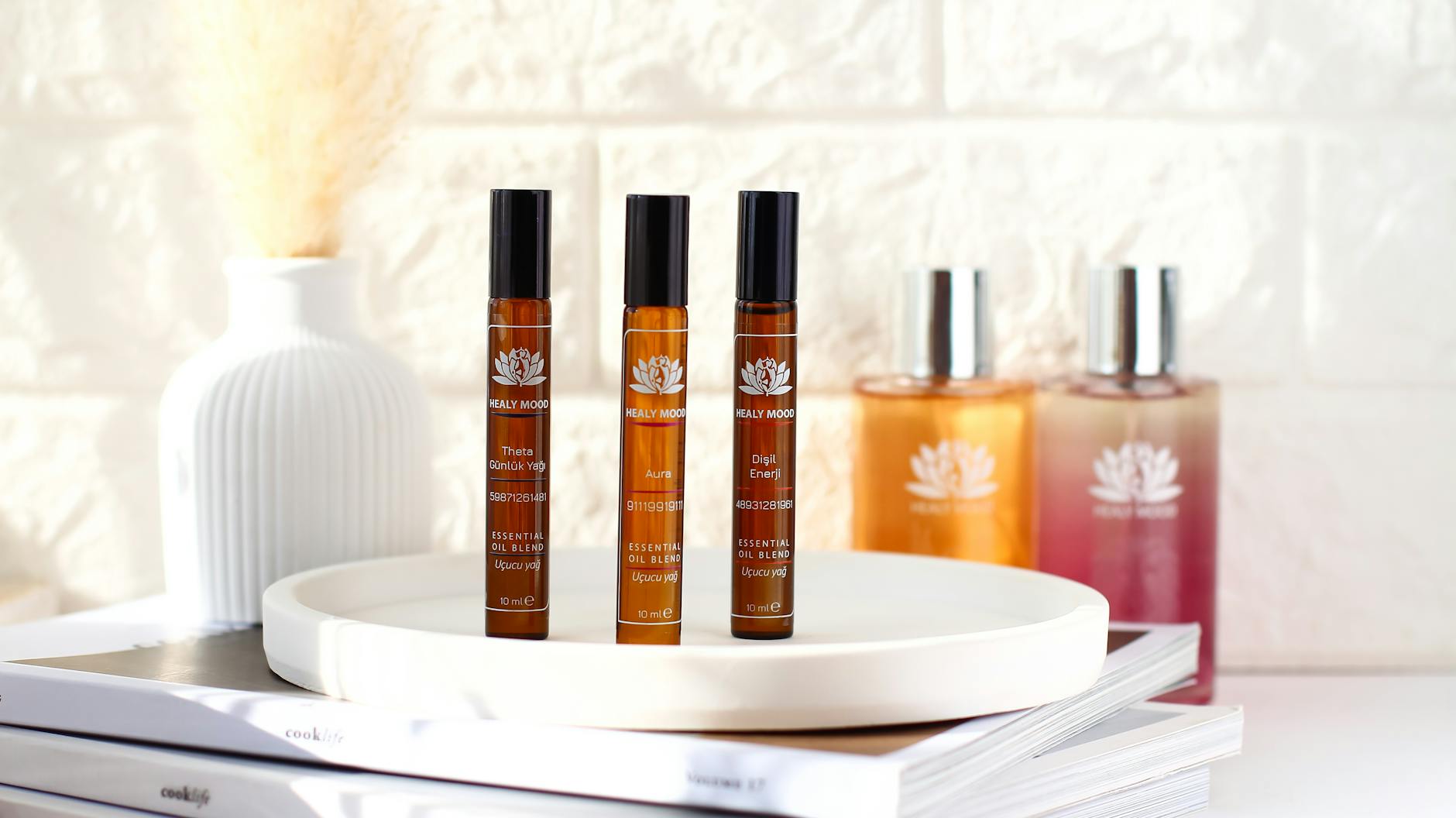How to Integrate Biotechnology and Skincare in Australia

Biotech Breakthroughs in Skincare
Biotechnology, a field at the intersection of biology and technology, has begun to revolutionise skincare, much like the innovations coming out of the Melbourne Biotechnology Lab. This transformative approach is similar to how Olaplex treatments fundamentally change hair care through scientific advancements. In skincare, these breakthroughs leverage intricate biological systems to enhance the efficacy of products and treatments.
Key Innovations in Australia
Australia has seen considerable progress in biotech skincare innovations, with local research institutions, such as RMIT University, leading the way. Here, the focus is on developing formulations that synergise naturally occurring compounds with engineered proteins to create highly effective skincare solutions. These innovations are reminiscent of how Montale takes a unique approach in perfumery by combining elements seamlessly and are setting new standards in the cosmetics industry.
How Biotechnology Enhances Efficacy
Biotechnology enhances skincare efficacy by using bioengineered molecules that target specific skin conditions with high precision. This approach is similar to the precision used in scientific experiments, where accuracy ensures reliable results. The incorporation of research-backed amino acids and peptides offers a focused treatment approach that yields visible improvements, akin to the targeted application of makeup products that highlight distinct facial features.
Ethical Considerations in Biotech Skincare
While the potential for innovation is vast, ethical considerations can't be ignored. Researchers in Melbourne, known for their rigorous ethical standards, continue to discuss the implications of biotechnologically engineered skincare. Like discussions held at Carlton Gardens research facilities, these deliberations focus on ensuring that advancements align with ethical guidelines and offer sustainable solutions that benefit consumers and researchers alike, maintaining innovation without compromising values.
Choosing Skincare Ingredients
Understanding Active Components
Navigating the vast world of skincare can feel like charting the genetic intricacies of plant cells. Just as researchers at the Melbourne Biotechnology Lab aim to understand each cellular function, we need to identify the purpose of each ingredient in our skincare products. For instance, products like Medik8 skincare are lauded for their use of active ingredients designed to address specific skin concerns. Key components to look for include retinol, vitamin C, and niacinamide, each revered for their targeted effects, akin to tailored genetic modifications in agricultural research.
Benefits of Natural vs Synthetic
In the realm of skincare ingredients, a debate parallels discussions in the lab about traditional breeding versus genetic engineering. Natural ingredients, such as plant extracts, offer benefits rooted in eons of evolutionary refinement. However, synthetic options, developed through cutting-edge biotechnology, often provide enhanced efficacy and stability. This dichotomy mirrors conversations around molecular biology techniques used in improving crop resilience.
Skin Types and Biotech Synergy
Aligning skincare products with skin types is similar to matching a DNA sequence with its ideal environment. Utilising biotechnology, specific formulations can target varying skin conditions, much like the biotech tools used to tailor interventions in genetic modification. When selecting products like GHD hair treatments, understanding the synergy between your unique skin type and the product's composition is paramount. These analogies underscore the importance of precision, whether in Pioneering research or personal care routines.
Regimen Integration Techniques
Step-by-Step Application
Integrating a skincare regimen often feels similar to setting up an experiment in a lab, where calibration and precision are key. In the context of biotechnologically advanced products like those found in a Medispa Sydney, the application process should begin with cleansing to provide a fresh canvas. Following this, serums containing active ingredients are applied, harnessing their concentrated formulas to penetrate deeper into the skin. A gentle patting motion can amplify absorption, much like ensuring thorough mixing of compounds in a solution. Finally, sealing with a moisturiser preserves the active elements, akin to controlling variables in an experimental setup.
Timing for Optimal Results
The timing of your skincare routine can significantly impact the efficacy of the products you're using. Mornings are ideal for antioxidant serums like vitamin C ones, which help to combat free radicals and prepare the skin against environmental stressors. Evenings offer the perfect opportunity to apply treatments containing retinoids or peptides, allowing these ingredients to work overnight when the skin’s natural repair processes are at their peak. This timing is reminiscent of scheduling experiments in the RMIT University precinct labs for optimal observation and results.
Monitoring Skin Reactions
Incorporating new products into your regimen can sometimes lead to unexpected skin reactions. Monitoring changes meticulously, much like tracking experimental outcomes in a research facility, is crucial. Redness, irritation, or breakouts should be noted and addressed promptly. For example, switching shampoos to something milder, such as a product like Balmain Shampoo, can be beneficial if skin or scalp irritation occurs. Keeping a detailed log and comparing outcomes with existing data can help in fine-tuning your skincare routine efficiently.
Common Integration Challenges
Addressing Compatibility Issues
Skincare enthusiasts and professionals alike encounter obstacles similar to those in molecular biology when combining different treatments. The task of ensuring that various products harmonize is akin to aligning genetic sequences in research. As with genetic modification, where any slight discord can lead to unintended effects, skincare treatments like facial Sydney must blend seamlessly with existing routines. To address compatibility issues, conducting patch tests to check for adverse reactions helps mitigate risks of irritation or unanticipated interactions.
Tackling Sensitivity Concerns
In the ever-evolving field of biotechnology, we frequently deal with delicate specimens and environments that require meticulous care—a familiar scenario to those managing sensitive skin. Treatments, including Hifu Sydney, necessitate consideration of an individual's unique skin profile. Comparable to calibrating sensitive laboratory equipment, adjusting the frequency and intensity of skincare treatments can ensure optimal results without causing distress.
Keeping Pace with Advances
Rapid advancements in skincare science mirror the accelerated progress we witness in biotechnology laboratories around Melbourne. Staying informed about new developments ensures that one's skincare approach remains effective and up-to-date. Like participating in conferences and seminars at spaces such as the RMIT University precinct, keeping abreast of innovations in both fields is essential. By equating these challenges with scientific methodologies, it becomes easier to learn and adapt, ensuring one remains at the forefront of skincare breakthroughs.
Evaluating Product Claims
Simplifying Scientific Terminology
In our quest for understanding the biotech breakthroughs in skincare, especially from a scientific standpoint, it is crucial to decode the language often used in product claims. Scientific jargon can sometimes create a barrier, but when broken down, it reveals the mechanisms that power products. For instance, terms like "peptide synthesis" or "enzymatic exfoliation" relate directly to processes that enhance skin elasticity and cellular renewal, akin to how proteins are synthesized within the Melbourne Biotechnology Lab. By simplifying these terms, we're better equipped to make informed decisions about what might work best for our unique skin types.
Evaluating Credible Research
The credibility of skincare products often hinges on the scientific research backing them. When evaluating claims, it is beneficial to look for peer-reviewed studies, preferably those originating from respected institutions like RMIT University. Such studies detail the efficacy and safety of ingredients by providing empirical evidence. Much like research produced at Carlton Gardens, robust data can shine a light on the potential of biotech formulations to address age-related changes and optimise skin hydration. Utilizing this knowledge allows us to discern which products are genuinely innovative and backed by solid science.
Identifying Marketing Ploys
Finally, awareness of marketing strategies is essential to navigate the beauty aisles. Claims of being "all-natural" or "clinically-proven" can be misleading without substantiated data. It's vital to differentiate between marketing hypes and genuine scientific advancements. As a seasoned professional in biotechnology, I've seen how the fusion of clever advertising and credible science can sometimes blur lines. Recognising this not only enhances our ability to choose effective solutions but also aligns our skincare choices with scientifically sound practices.


